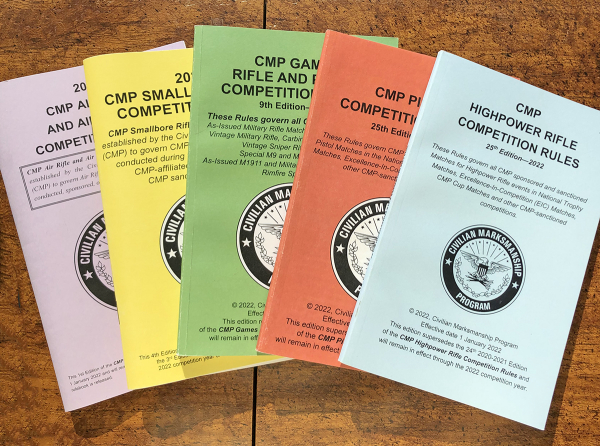Hunting Ethics Involves the 9/10 Rule
By Glen Wunderlich
Outdoor Columnist
Member Professional Outdoor Media Association
There aren’t many things in life that we attempt for the first time which hold no room for improvement. Whether it’s bowling, golf, painting, driving – you name it – we fall short of perfection no matter how simple the task may have appeared. Shooting a firearm is no different.
Years ago, a neighbor and I were shooting bowling pins at 10 yards with our 9mm pistols, as a form of target practice. After he missed a few, we set them up and I shot each one of them in the head at the same distance. I then demonstrated the technique to my neighbor and, when we set the pins up again, he went 10 for 10 the very next time – all head shots, too. It was a matter of technique.
While I understand the compulsion to risk a dollar for millions on the lottery, for example, the consequences for failing seem small in comparison to the potential. There’s not a lot of harm for failing; heck, what’s a dollar today? But when it comes to pulling the trigger on a running deer at long range, the odds at success may be little better than winning the lottery’s jackpot, although failure may have consequences the trigger-happy hunter may not realize.
Clean misses are always better than shots that are almost good, when wounding and maiming result. However, the trouble with missing clean is that the unethical hunter usually has no clue as to why he missed. The shot may have been high, low, or behind the fleeing game. All he knows, if he bothers to actually check the scene carefully, is that he missed.
Worse yet, the game animal may be hit in a non-vital area that makes recovery impossible. If you are thinking, oh well, it’s only a deer, count yourself on the side of anti-hunters. It’s not that all gimpy game results from poor marksmanship, but who is going to convince the growing contingent of anti-hunters otherwise?
When we begin to accept that hunter numbers are declining and that anti-hunters are well-funded and are not going away, we may begin to understand the importance of hunting ethics.
I am not suggesting that some hunters have not attained the skill level to consistently kill animals on the run; I have just never met one. And, I don’t know anyone who practices shooting moving targets at long ranges and is good enough to follow the 9/10 rule: If you are good enough to place 9 out of 10 shots into a 6-inch circle at a given range with your chosen firearm, bow, or spear, then you are good enough. It’s a simple barometer that always works.
Practice doesn’t necessarily make perfect; perfect practice makes perfect. A working knowledge of the ballistic properties of your given load and firearm goes a long way toward understanding what happens downrange. But when a 20-mph wind blows at 90 degrees, your fingers are cold, it’s getting dark and you are not sure of the distance, it makes no sense to let one fly.
Shot discipline means that sometimes we go home empty-handed. It also means we didn’t cripple a healthy animal and that we didn’t give anti-hunters examples of foolishness afield.
Certainly, we were not able to bag that trophy buck by holding back, either. But, on another day, we might be able to get a better opportunity by outsmarting him and staying within our known limitations.






